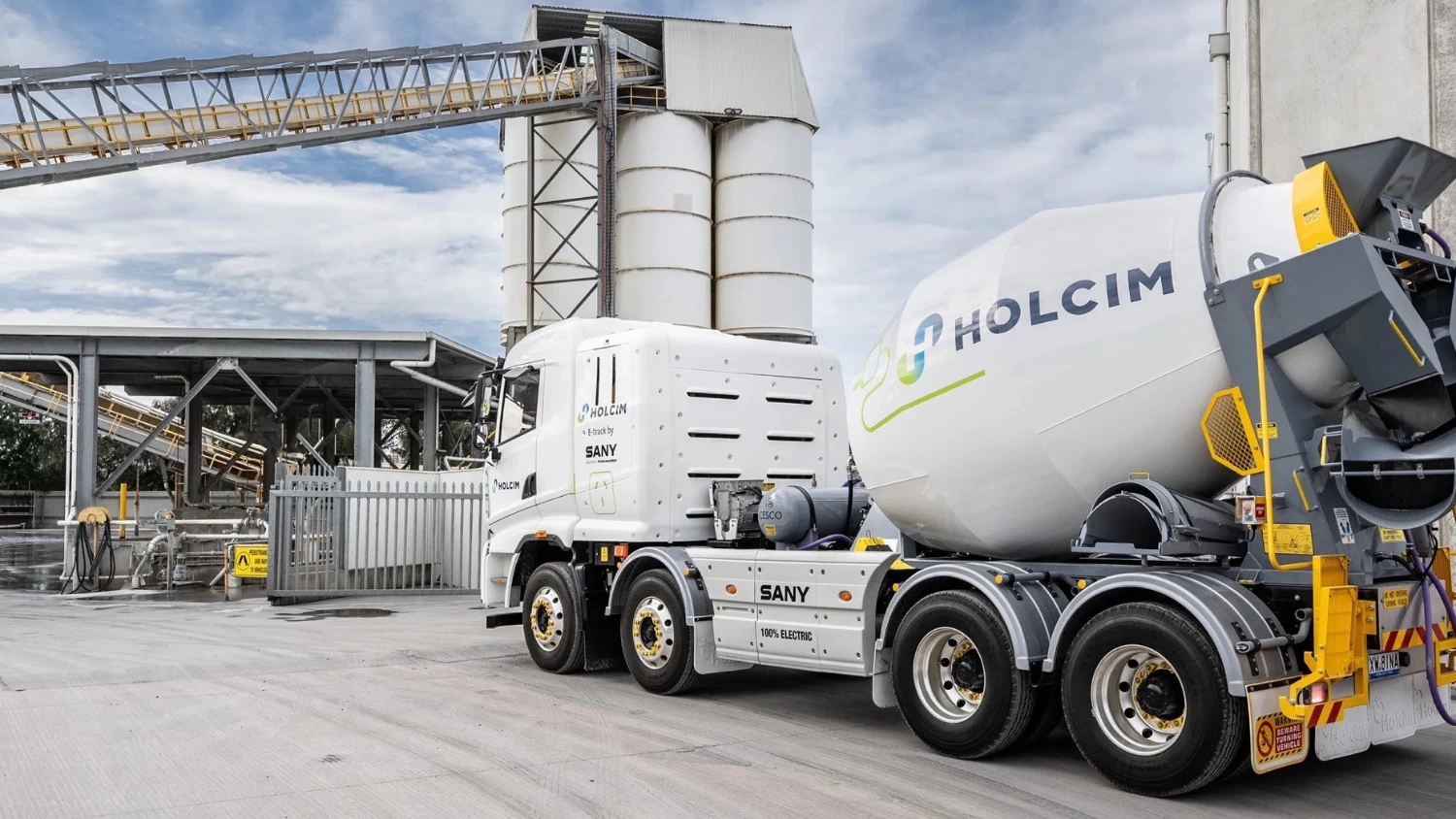Against the backdrop of macroeconomic uncertainty and the expansion of automation across a growing number of processes, employee mobility between different companies is declining in the business services industry compared to pre-pandemic years.
The biggest challenges for this industry are related to human resources, finding suitable and experienced employees, as well as adapting HR programs for each generation in order to create homogeneity and leverage the potential of each generation.
"Business services employees share common motivations related to stability, work-life balance, flexibility, and professional growth. Employees over 40 are more motivated by stability, formal recognition through career advancement, salary increases, and bonuses, while Millennials particularly value involvement in social causes and job flexibility. Employees under 25 are motivated by working in an innovative environment, the opportunity for learning, and rapid development," says Adrian Baron, Vice President of ABSL.
Offering flexible benefits in the industry is another consequence of the different preferences employees have. For instance, those over 40 place more emphasis on health insurance for themselves and their families, while hybrid work, flexible working hours, well-being programs (sports, psychologist, coaching), and benefits for parents are more important for others.
"Expectations regarding learning differ. We notice that generations born before 1980 prefer physical interaction, well-structured work planning, and selected programs. Generations born after 1980 have an aspirational career plan, need to learn by interacting with others, and seem less flexible. The youngest, born after 2000, act out of curiosity, driven by the opportunities they encounter, and are more focused on self-learning as long as it is of interest to them," explains Cătălina Magui, HR Director at Societe Generale Global Solution Centre, an ABSL member company.
Even in terms of vacations, employees exhibit different behaviors. While Millennials prefer short and frequent getaways, those over 40 prefer longer, pre-planned vacations, and employees under 25 prefer to work remotely for several days from their vacation destination before or after their time off.
"The specific expectations of each generation are particularly important when designing employee retention policies. Millennials tend to change jobs frequently, seeking quick promotion and experience accumulation. This generation values both remote work and flexible working hours, relying heavily on technology, especially for process efficiency. Employees over 40 place a special emphasis on the balance between professional and personal life, and those in leadership roles generally stand out for their pragmatic, data-driven approach. Employees under 25 prefer remote work from various locations, total flexibility in working hours, and aim to learn, as much as possible, through digital methods," says Bogdan Ciurea, Head of P&C UniCredit SPA Milan, Bucharest Branch, an ABSL member company.
Another important aspect is the involvement of senior employees in training the Generation Z workforce. Training the younger generation not only improves collaboration but also helps preserve know-how within the organization.
This aspect is essential in Romania, where long-term employee retention has always been a challenge, and the younger generation's confidence in development opportunities here is steadily declining.
Currently, four generations are working in business services, with Generation Y (25-40 years old) being the largest, representing 67%, followed by Generation X (40-55 years old) with 17%, Generation Z (< 25 years old) with 14%, and Baby Boomers (> 55 years old) making up 2% of employees. According to ABSL data, the business services industry has approximately 200,000 employees and is among the top industries in Romania in terms of contribution to GDP.











